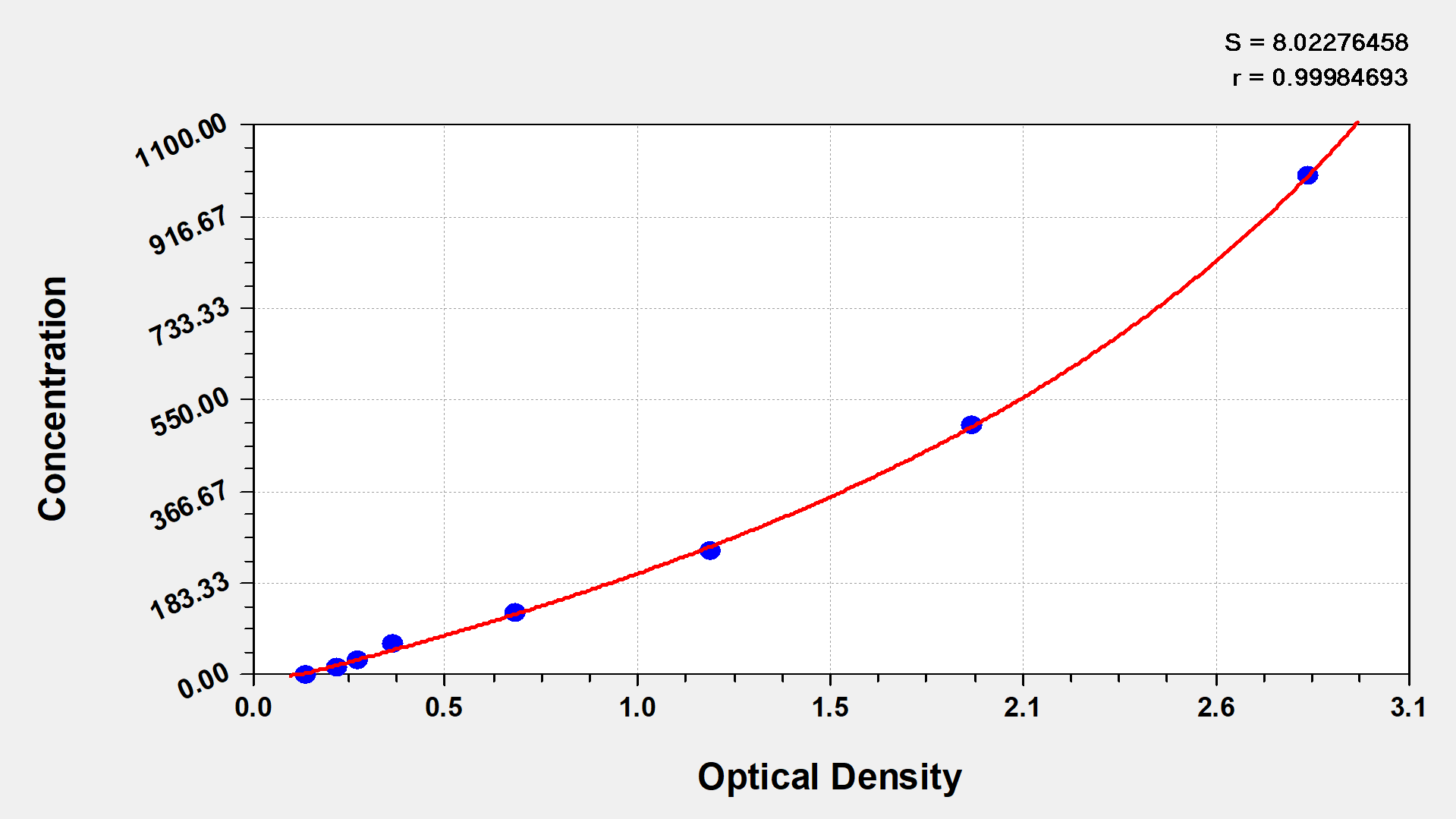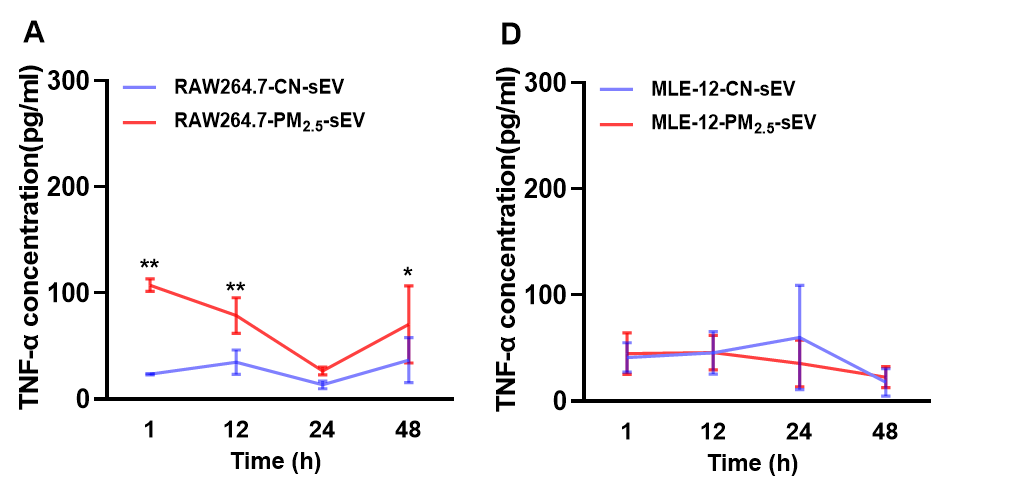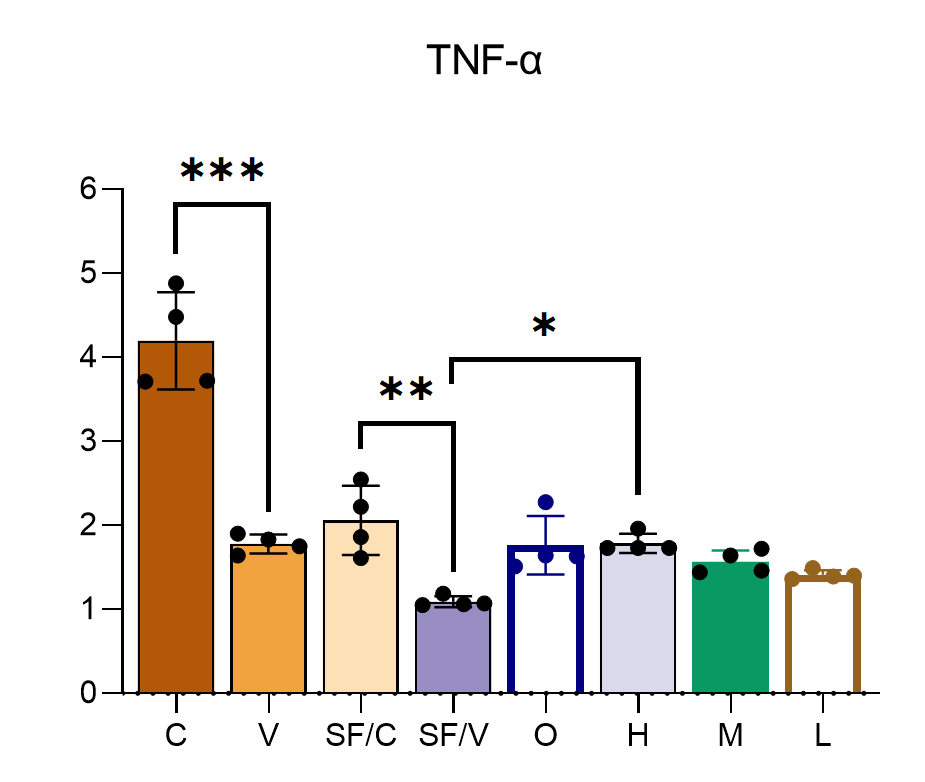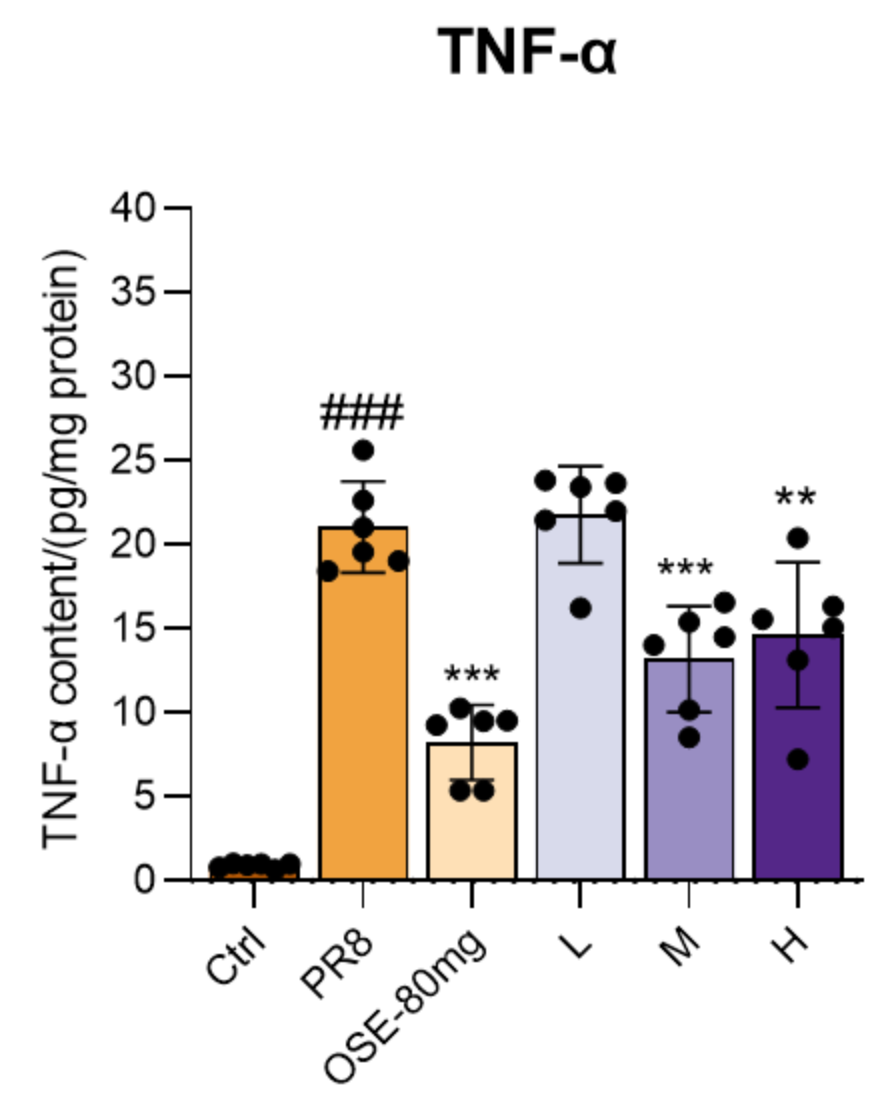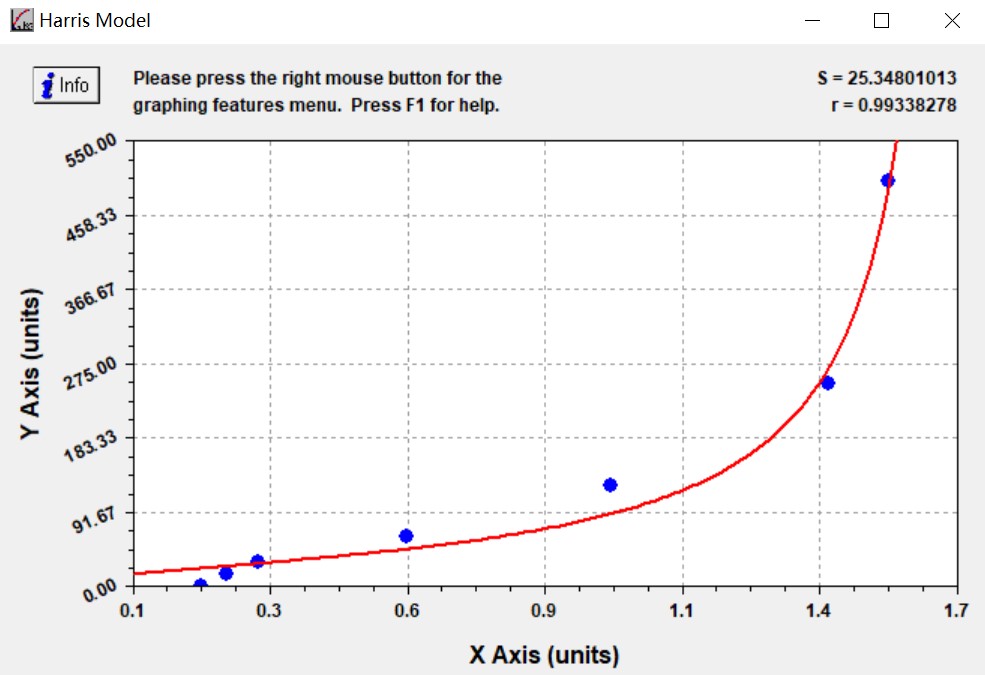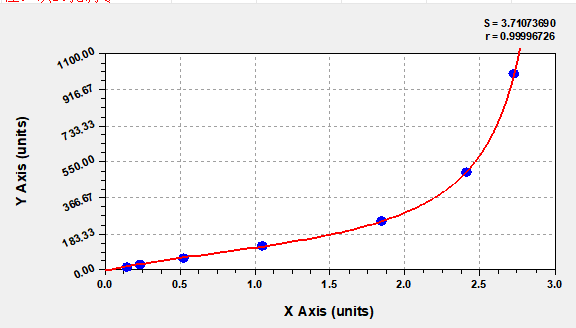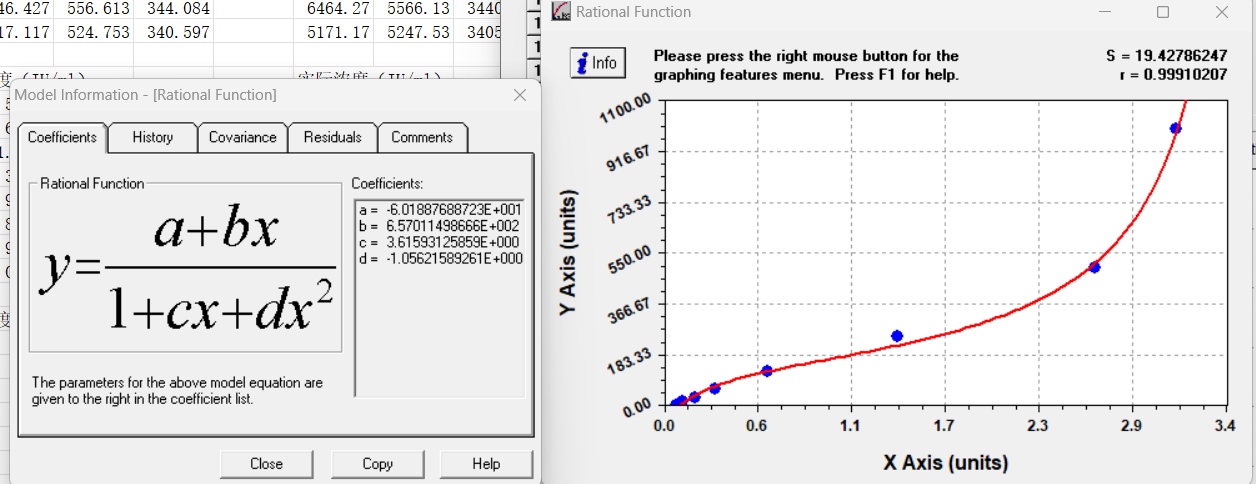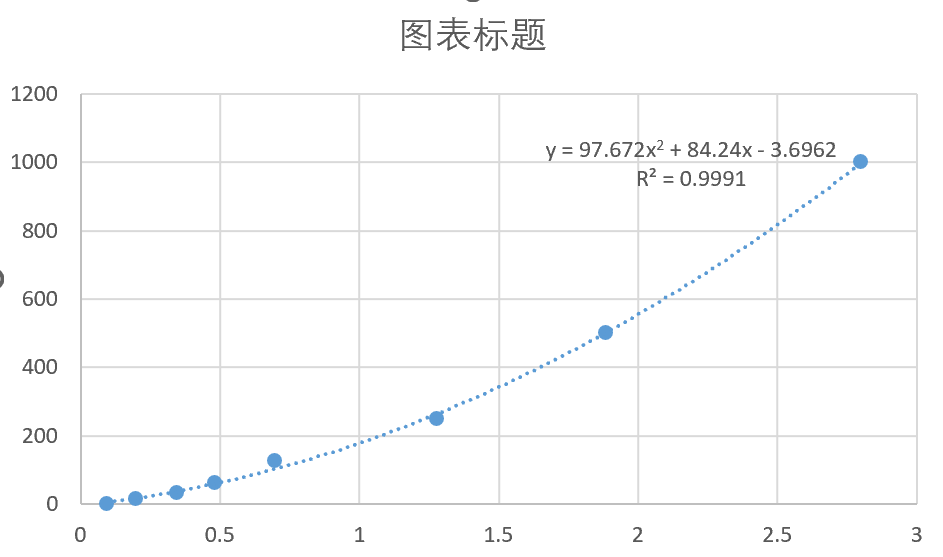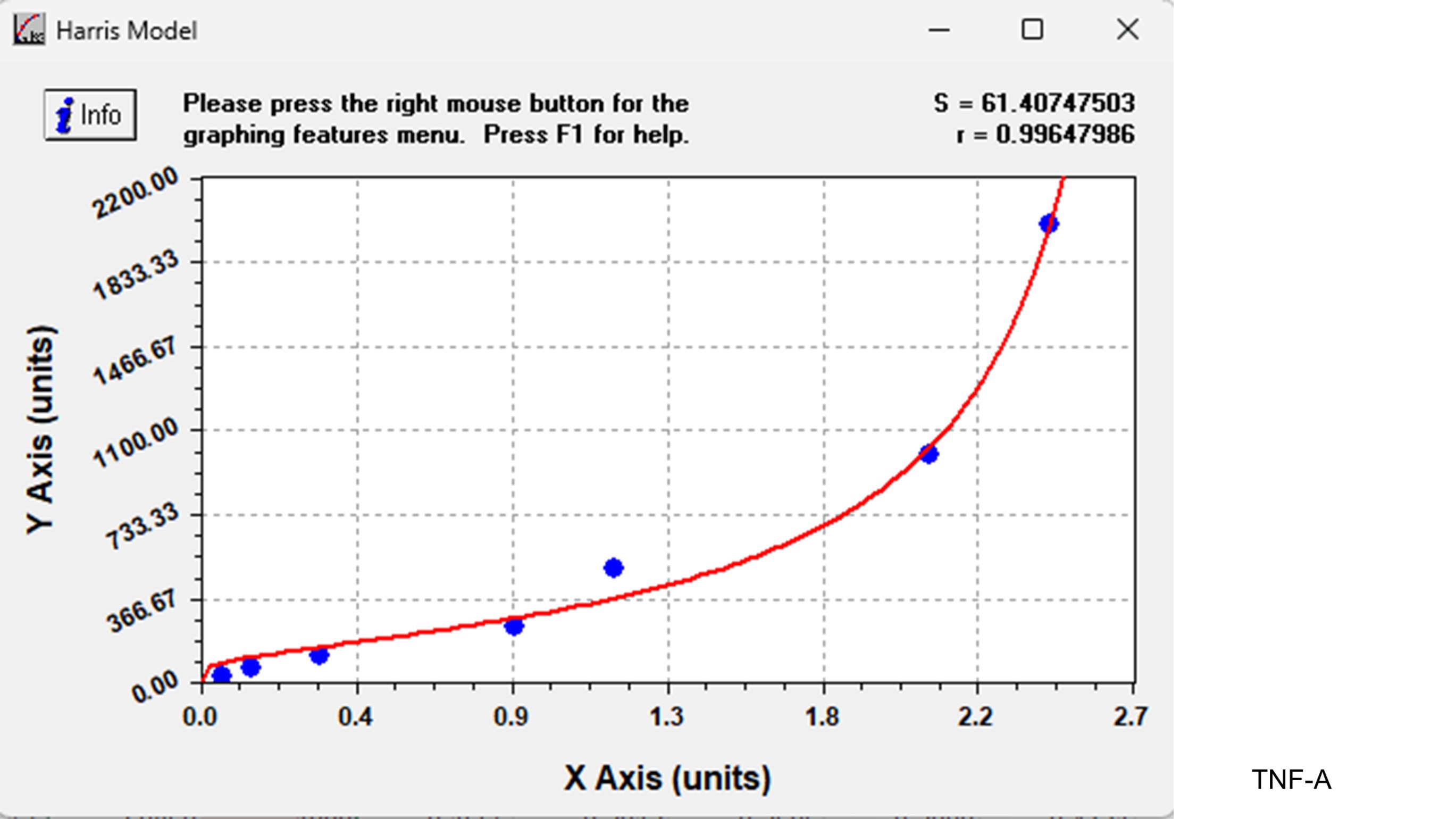Tumor necrosis factor alpha (TNF-α) is a pro-inflammatory cytokine that plays a central role in immune responses, inflammation, and cell death pathways. Originally identified for its ability to induce tumor necrosis, TNF-α is produced by activated macrophages and T cells, though many other cell types can secrete this protein. The cytokine exists in both membrane-bound and soluble forms. The soluble form is generated through proteolytic cleavage. TNF-α mediates its biological effects through binding to TNF receptors, triggering cellular responses including apoptosis, cell survival, and inflammatory gene expression.
This mouse TNF-α ELISA kit (CSB-E04741m) uses a quantitative sandwich immunoassay principle to measure TNF-α levels in serum, plasma, cell culture supernatants, and tissue homogenates. The assay provides a detection range of 15.6-1000 pg/ml with a sensitivity of 3.9 pg/ml. Sample volumes of 50-100 μl are required. The complete assay can be performed within 1-5 hours. Detection occurs through measurement at 450 nm wavelength, allowing precise quantification of mouse TNF-α in biological samples.
Application Examples
Note: The following application examples are drawn from a selection of publications citing this product. For additional applications, please refer to the full list of references in the "Citations" section.
This mouse TNF-α ELISA kit has been used across research applications to quantify tumor necrosis factor alpha levels in biological samples. The kit supports studies of inflammatory processes, tissue injury responses, and cytokine profiling in experimental mouse models. Research applications span multiple organ systems and pathological conditions where TNF-α serves as a key inflammatory biomarker.
• Kidney injury research - Measurement of TNF-α levels in kidney tissue homogenates alongside other inflammatory markers to assess renal inflammation and oxidative stress responses
• Hepatic studies - Quantification of TNF-α in liver research contexts, often measured alongside liver enzyme markers to evaluate hepatic inflammation and tissue damage
• Gastrointestinal inflammation - Analysis of TNF-α levels in colorectal mucosa supernatants as part of cytokine profiling in intestinal inflammatory conditions
• Systemic inflammation studies - Measurement of circulating TNF-α levels in serum samples to evaluate systemic inflammatory responses alongside other biomarkers
• Multi-cytokine profiling - Analysis of inflammatory mediators measuring TNF-α in conjunction with other pro-inflammatory cytokines, chemokines, and inflammatory markers
• Tissue-specific inflammation studies - Evaluation of TNF-α production in tissue homogenates to assess localized inflammatory responses in different organ systems
• Biomarker correlation studies - Analysis of TNF-α levels in relation to other inflammatory mediators, metabolic markers, and disease-associated proteins in experimental models

